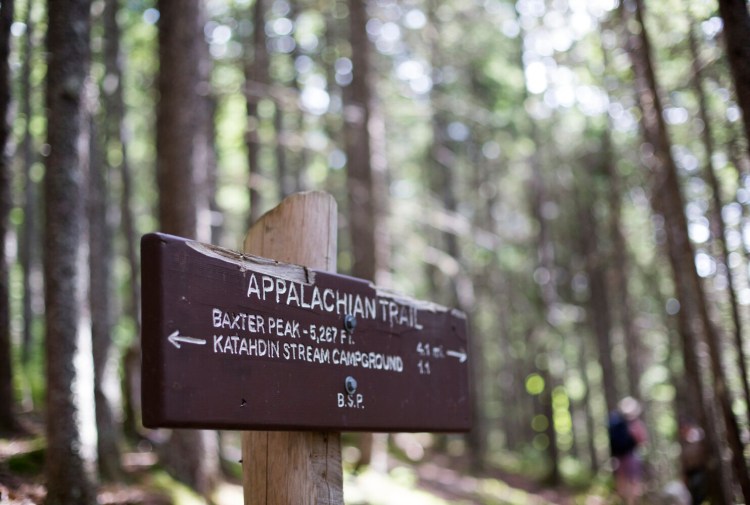The chief executive of the Appalachian Trail Conservancy – which oversees the 2,200-mile Appalachian Trail – is urging hikers to stay home to curb the spread of coronavirus.
Chief Officer Sandra Marra asked hikers in an open letter posted on the Conservancy’s website to stay off the trail during the pandemic.
The Conservancy can not close the trail. However, Marra said the urgent request is made because the group does not want “to do too little, too late.”
“The AT is not a separate reality from the communities in which hikers live,” Marra wrote in a post Monday.
Any hiker who is eating lunch and using outhouses, or privies, can spread the virus or contract it and bring it back to their hometowns. In particular, Marra wrote, she is concerned with the many rural communities along the trail that do not have the healthcare resources available in larger population areas.
The mountainous trail, which spans from Georgia to Maine, goes through 14 states and has hundreds of access points – attracting more than 3 million visitors annually, according to the Conservancy. And the past few weeks, Marra wrote, many parking lots along the trail are seeing a record number of visitors – and exceeding the maximum capacity.
“Shelters full of overnight hikers, day hikers using picnic tables and privies, and group trips continuing as planned” are all dangerous activities, Marra wrote. “Hiking the AT has become, in other words, the opposite of social distancing.”
Baxter State Park – at the northern terminus of the Appalachian Trail – remains open to day use below treeline. Winter camping ended on March 19 and some trails and gates will remain closed in response to the coronavirus. The 200,000-acre wilderness park is expected to take reservations for the summer camping season, according to a letter posted on the park’s website by park Director Eben Sypitkowski.
Nelson Peterson, a hiker of 25 years, disagrees with the ATC’s call to stay off trails.
Peterson, administrator of the 500-member Facebook group Awesome Hikes on Sunday, said devoted hikers are a “different breed” and the hiking community looks after their neighbors on the trail and the environment around them.
“I don’t see how that will solve anything,” said Peterson, of Readfield. “If people don’t feel well, they’re not going to to on a hike. But it’s a tough question.
“What else are you going to do? Does everyone have to stop living? I certainly don’t want anyone to get sick. But I really hate to have people tell me I can’t do something when I’m being responsible.”
Send questions/comments to the editors.



